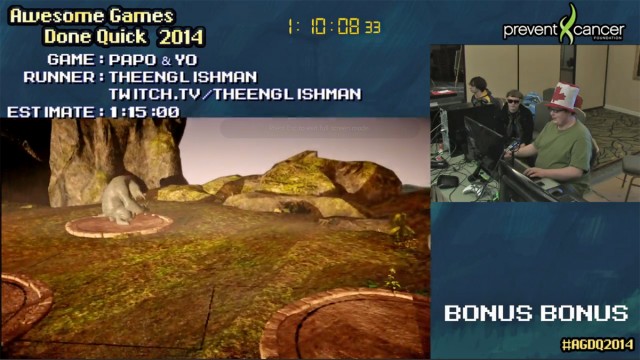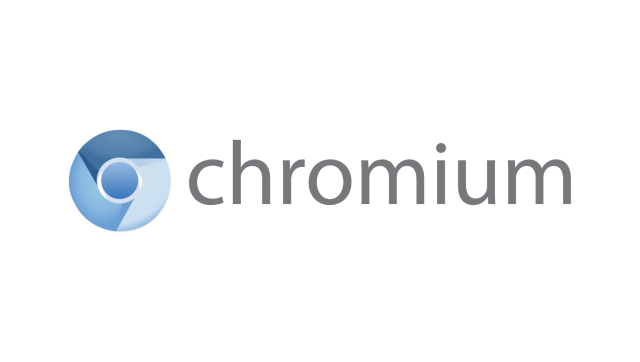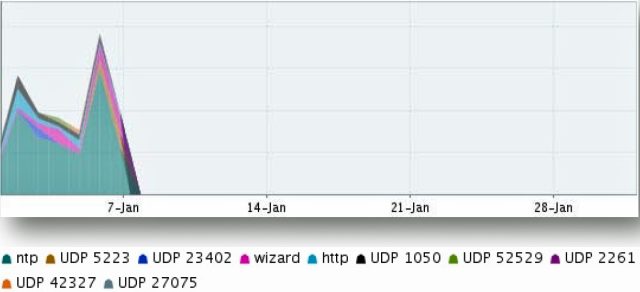Below is your first coding assignment! It's due by end of day Monday, February 3.
***
Goal:
- Create a short home page for yourself in HTML5 alone.
Constraints:
- Don't use any CSS, or any tags that control appearance (we'll do this later).
- Your page should be contained in one html file.
- Your content should be suitable for use in a classroom context.
Validation:
- Validate your page using the W3C Nu Markup Validation Service validator.w3.org/nu/. Address as many of the resulting warnings and errors as you can.
- Test your page on various browsers ("crossbrowser testing") using Browserling, Browsera, BrowserStack or SauceLabs. These tools make it easy to see how a page is rendered in different browsers without actually running those browsers. Test at least half of the following browsers:
- Firefox for Windows
- Firefox for OS X
- Chrome for Windows
- Chrome for OS X
- Chrome for Android
- Internet Explorer for Windows
- Safari for OS X
- Safari for iOS
Deliverables:
- Using wolfware classic assignment "html", submit the following as a single zip file by end of day Monday February 3:
- Your version of the homepage HTML5 source.
- A text file of 1-2 pages documenting the results of your validation including any remaining errors and warnings, and your summary of the results of crossbrowser testing.
- (Optional) post your impressions of the crossbrowser testing tool you used to our forum for extra credit.





